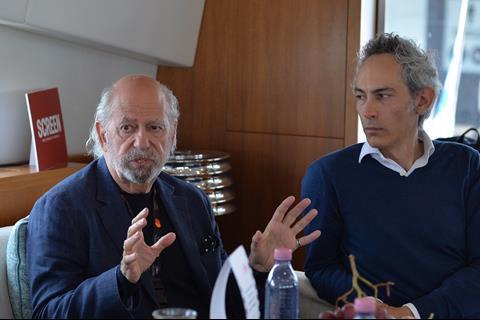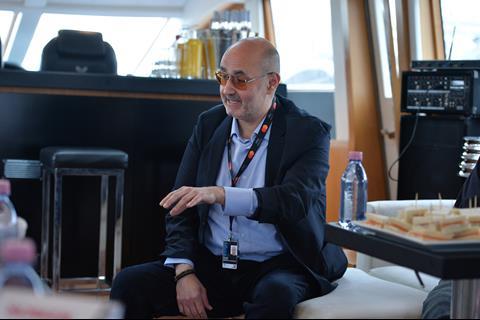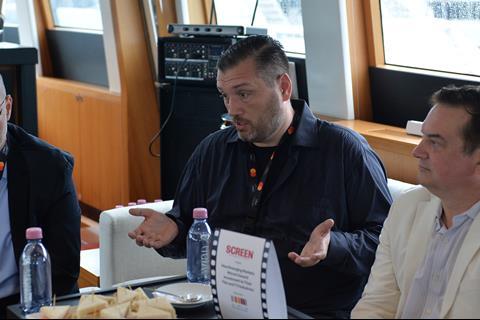How does a film-friendly territory rise above the noise, when countries the world over are going head‑to-head to attract incoming productions? A Screen International panel found out.
What are the key factors that make international productions chose to shoot in one country over another? That was the focus of a lively round-table debate hosted by Screen International titled ‘How emerging markets attract inward investments to film industries’.
Four location decision ‘cornerstone’ factors were identified: attractive production incentives, a competent and reliable crew that can handle domestic and international shoots, production infrastructure, and overall film friendliness.
There are, however, other considerations for decision-makers, such as diversity, equity and inclusion, and sustainability.
All these factors will be familiar to those working in the international film industry. The panel agreed that making a country film-friendly was the most important element but also the most challenging to get right.
Jonathan Olsberg, executive chair of consultancy Olsberg SPI, said that incentives are an effective and relatively easy tool to implement for attracting international shoots, while crew and production infrastructure take longer to develop. “The toughest one to pull off is film friendliness,” he added.
The panel heard of the importance to instil confidence in producers that what they are told they will experience in a country matches the reality on the ground.
“That is where it can fall down. With new countries coming in with incentives, if it takes too long to get the incentive or it doesn’t cash out — because sometimes the regulations change — [that’s a problem],” said Olsberg. “Once a reputation is sullied in that regard, it is quite hard to pull back from that. New countries may have a visionary government and industry leaders who can see exactly what needs to happen. But sometimes people on the ground don’t have the experience, aren’t necessarily great administrators or don’t understand the production process. That tends to be an issue.”
Decisions about location can also depend on above-the-line talent, said Stanley Preschutti, president of Grandave Capital. “They can be very choosy about where they travel, and some won’t go anywhere if they have families or if it’s a long shoot. Action actors seem to be more adventurous.”
Nik Bower, co-founder of Riverstone Pictures, noted that producers have to be focused on the bottom line and where they can make a film for the least amount of money “so a big incentive is not helpful if the base cost is still high”.
He also said that incentives need to be designed to be user-friendly. “It often surprises me how countries around the world seem to make them as complicated as they can.”
Abduljalil Al-Nasser, general manager of sector development and investment at the Saudi Film Commission, said that many people think rebates are a way to incentivise productions to shoot in the country, but they are actually key to helping develop talent and infrastructure.
“Talent development takes time… a rebate is not only a financial tool, it is a development tool.”















![[L-R]: Amanda Villavieja, Laia Casanovas, Yasmina Praderas](https://d1nslcd7m2225b.cloudfront.net/Pictures/274x183/6/4/1/1471641_pxl_20251224_103354743_618426_crop.jpg)









![Kindred Spirits [4] Horizontal Image[9]](https://d1nslcd7m2225b.cloudfront.net/Pictures/100x67/6/9/4/1473694_kindredspirits4horizontalimage9_45584.jpg)





No comments yet